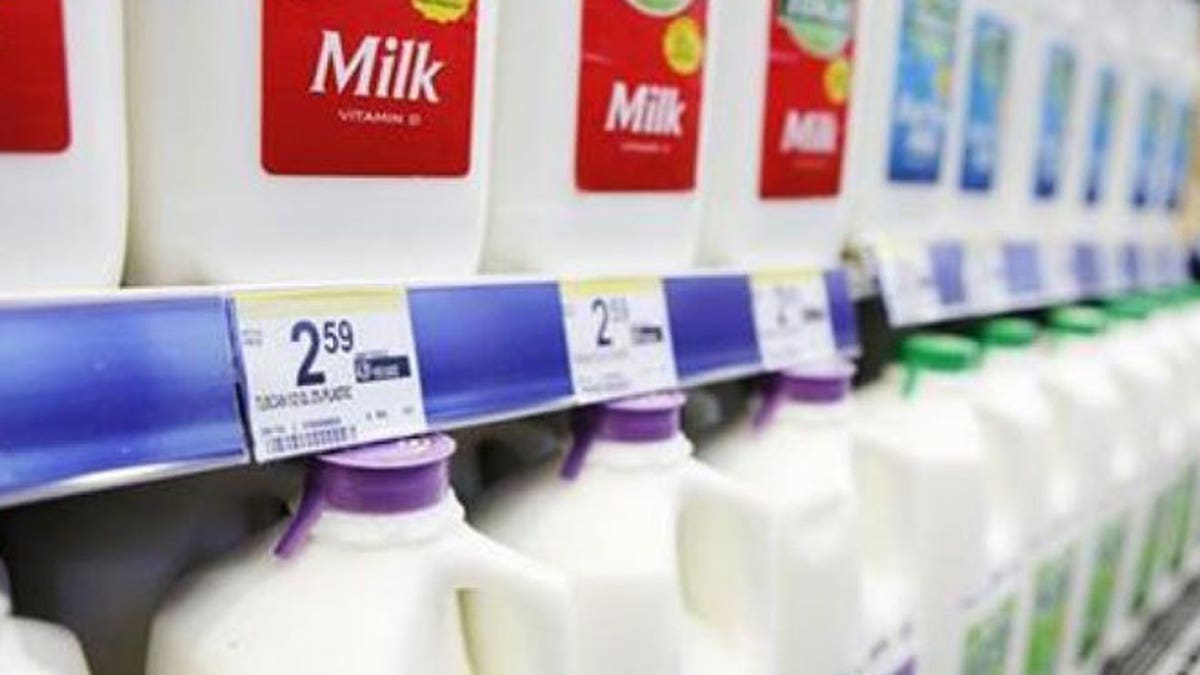
You’ve been trained from a young age to avoid fat. To this day, you probably drink 2 percent milk, jelly your toast instead of buttering it, and buy packaged food with reduced fat as much as possible. Even though doctors usually recommend low fat, is it really that bad for you? Some doctors are now saying the exact opposite, and here’s why.
For decades, people have eaten low-fat foods in an effort to promote a healthy heart. The fatty and starchy diets of most Americans have led to higher cholesterol and, presumably, an increased risk of heart disease. However, research is showing just the opposite effect when people consume healthy fats like olive oil alongside healthy carbs.
One obesity expert, Dr. Aronne, says that slightly low-fat diets might help people lose weight. On the other hand, it might also cause people to turn to more carbs when they’re hungry. The decreased fat intake simply does not satisfy a person’s hunger as long as a diet with healthy fats.
As a result, dieters eating less fat to lose weight might actually be thwarting their efforts. Any extra carbs they consume will only add to their weight, especially if they eat highly processed white breads and sugar.
Fat Reduces the Waistline?
Maybe reducing fat in your diet won’t help with weight loss, but is it really good for you? One study by the National Institutes of Health analyzed the effects that a high-fat diet has on weight loss and heart disease risk. The researchers instructed participants to get a high amount of carbs from vegetables, and they told everyone to avoid trans fats.
In the low-fat group, participants had to keep their total fat intake below 7 percent of their daily calories. They could still eat breads and cereals, though. For the high-fat group, however, participants reduced the amount of carbs they were eating and did not avoid fats like meat and butter.
After one year of these protocols, researchers analyzed the health of participants in each group. They found that those who had reduced their fat intake had only lost an average four pounds. Participants who ate a high-fat diet actually lost twelve pounds, without counting calories.
SHOULD YOU LET YOUR TEEN GET A NOSE JOB?
Next, researchers analyzed heart health, also finding that those in the high-fat group had improved their cholesterol more than those in the low-fat group.
The Verdict: High-Fat vs. Low-Fat
Scientifically speaking, this result makes sense. Those who reduce their fat intake likely fill the gaps with more carbohydrates. The carbohydrates then turn into sugar in the body.
Since there’s more carbs than the body needs, it stores the sugar into fat cells. Unlike a high-fat diet, however, the body doesn’t use the stored fat because it burns the carbs for energy. At that point, people are just adding on weight without the body needing to burn any of the excess.
On the other hand, a high-fat diet forces the body to burn fat as a source of energy. If it doesn’t get enough energy from the food you eat, it then burns excess fat stored on the body. In addition, the healthy fats keep people feeling full longer, avoiding the temptation of eating more carbs.
For now, this subject still holds some debate among health professionals. New research does indicate that more healthy fats improve a person’s health.
However, scientists have not done much research on the exact effects of a high-fat diet over a prolonged period. They also need more studies on the direct link between increasing saturated fat and its effects on heart health.
THE DAMAGING EFFECTS OF MAKEUP ON TEENS
For now, you can simply eat healthy fats without trying to avoid them in your diet. You might not want to increase your fat intake exponentially just yet.
Recently, a high-fat diet has shown more benefits to a person’s health and weight loss than a diet meant to avoid fats. Also, healthy fats like olive oil lower bad cholesterol while raising good cholesterol, potentially lowering heart disease risk. How can you benefit from this research right now? Eat olive oil, meat, nuts, and other fats in a healthy balance, and you’ll get the benefits they provide.
This article first appeared on AskDrManny.com.
